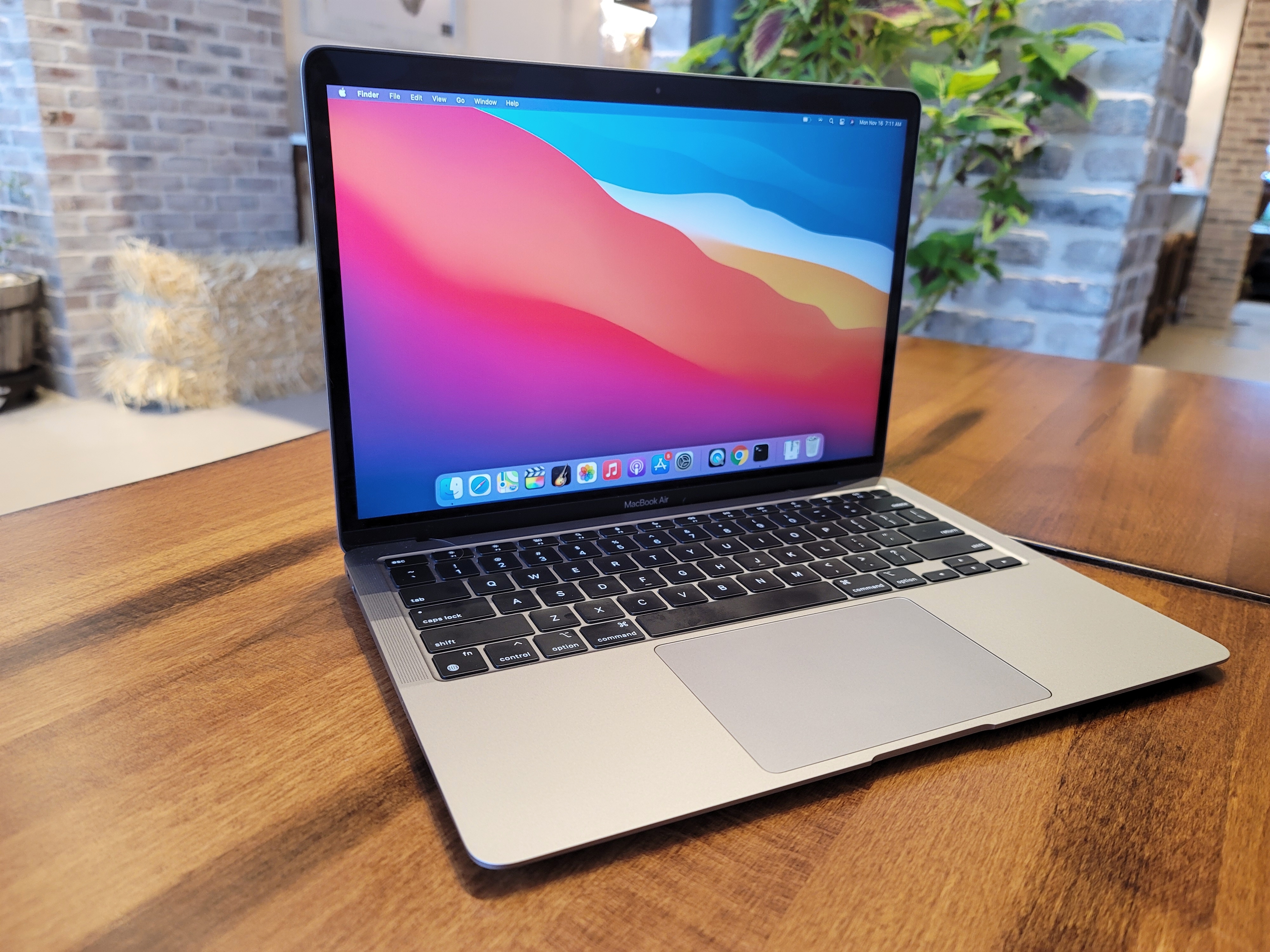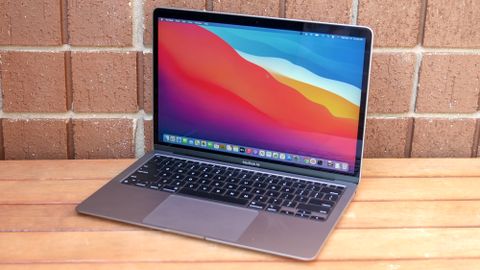

- WHICH IS BETTER FOR EDITING MAC AIR OR MAC PRO MAC OS
- WHICH IS BETTER FOR EDITING MAC AIR OR MAC PRO UPGRADE
- WHICH IS BETTER FOR EDITING MAC AIR OR MAC PRO PRO
WHICH IS BETTER FOR EDITING MAC AIR OR MAC PRO UPGRADE
In standard configurations, the Air comes with 8GB of 3733MHz LPDDR4X memory, but you can opt to upgrade to 16GB for an additional $200-which I'd recommend for a lot of people, especially if they use a bunch of non-Apple apps like, say, Google Chrome.
WHICH IS BETTER FOR EDITING MAC AIR OR MAC PRO PRO
Like they said in The Godfather, "it's not personal, it's business.For graphics, you're looking at Intel Iris Pro graphics matching whatever CPU you pick.
WHICH IS BETTER FOR EDITING MAC AIR OR MAC PRO MAC OS
Next people will be wishing for a return to Classic Mac OS (you know, the one that ran on Motorola chips and crashed on a regular basis). Like they said in The Godfather, "it's not personal, it's business."

No, that's what's known as the "tail wagging the dog." a tiny fraction of that number who might use iCloud for Aperture. why build those capabilities into the service at all? Hundreds of millions of iPhone, iPad, and "consumer" Mac users vs. If a substantial percentage of Aperture's pro users would not be likely to opt-in to iCloud Photos. Apple would also have had to consider whether iCloud Photos would support the kind of feature set demanded by pros, and provide the kind of massive iCloud storage plans pros would require. That would not have gone down at all well with the many Aperture users who would not have been interested in iCloud Photos at all (imagine the level of user anger if every Aperture library had to be converted "for no good reason"). This meant they would have had to change Aperture's library structure to be compatible with iCloud Photos. Apple would have had to include iCloud Photos compatibility as a feature of Aperture, even if a minority of Aperture users would want it. Apple was rolling-out iCloud Photos as a consumer-focused service. Aperture was very much like Mac was, back in the day - something used by a small, passionate group of users willing to think different.īottom line for Aperture's demise. Motion is essentially a FCP add-on, and is not likely to go away unless FCP does, or its functionality is added to FCP.Įffectively, in the days when these decisions were made, nearly every pro used Photoshop, which gave Adobe a huge, natural advantage for selling Lightroom as an image-organization solution (while other image edit apps have made inroads, essentially Photoshop is still the Microsoft Word of image editing). Aperture never had the market share in photo organization/editing that FCP has in video, and there's no indication that FCP is in decline. While it's true that Photos started off at a disadvantage to Aperture in that regard, as the years have gone by Photos has come along quite nicely.īut the FCP/Motion comparison to Aperture is misplaced. I never used its multiple-library/library management features, so to me its superiority over iPhoto (don't see many regrets of iPhoto's demise) had everything to do with image editing. When you know you want to run it's time to get some running shoes.Ĭlick to expand.I feel like I'm in a time warp. While Photos has enough retouching tools to get you started, you will find they are quite limited compared to other tools like Photoshop, Affinity, etc.īasically, first learn to crawl, then to walk. you're likely to want to do this earlier in your photographic explorations. Once you're sufficiently experienced as a photographer to know you want to do that sort of thing, you'll be ready for a more advance tool than Photos.Īs to retouching - removing unwanted objects like telephone wires, fixing the exposure of a small area of an image, etc. The manipulation techniques enabled by layers/image stacking/compositing are quite advanced (exposure stacking/HDR, focus stacking, and image compositing). It's primary weaknesses are that it does not handle layers/image stacking/compositing at all, with the capabilities of its retouching tools coming a close second. Despite over 50 years in photography (pro as well as amateur, in the darkroom as well as behind the camera), I still do the vast majority of my image editing in Photos - it has a wide range of very capable tools. Once you've mastered a simpler tool and are frustrated by its limitations, you have a better idea of exactly what you'd like to have in a better tool. They're simpler to use, and thereby simpler to master. I'm a big fan of determining your needs by learning on a tool with limited capabilities.


 0 kommentar(er)
0 kommentar(er)
